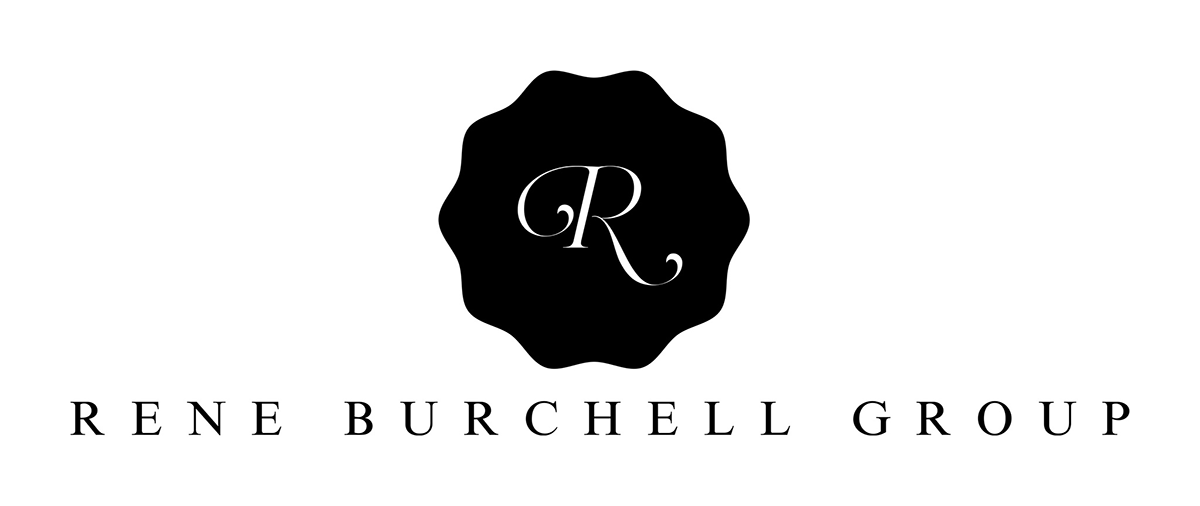Neighborhoods and condos contain numerous housing units that are owned by different residents. Homeowners may wish to share collective responsibilities that pertain the well being of each home. It’s for such reasons that homeowners’ association are formed.
If you live in a suburban community, you are most likely expected to be a member of the homeowners’ association (HOA). Homeowners pay a fee, monthly or annually, that helps maintain the community.
What is a Homeowners Association?
 The homeowners’ association is a full management organization in a community that is grouped in various subdivisions to make and enforce rules and regulations pertaining the properties. People who buy properties within the homeowners’ association’s community automatically become members.
The homeowners’ association is a full management organization in a community that is grouped in various subdivisions to make and enforce rules and regulations pertaining the properties. People who buy properties within the homeowners’ association’s community automatically become members.
Homeowners Association Management
A HOA is managed by a board of people who make and enforce regulations related to properties in a specific community. Typically, members of the board are also residents, but this is not always the case. In some instances, board members are given a seat through a community election and are considered volunteers. The board is charged with the responsibility of maintaining common community areas such as parks, pools, courtyards, and event centers.
Some volunteers may not oversee the day to day obligations of board members, but instead they help with property management. In a paid position, a property manager may be hired by the HOA to help with daily responsibilities. The property manager is tasked with overseeing paid contractors and staff, constant communication with the residents, collecting dues, and handling emergencies.
In some instances, property managers may be the owners of the community. In this case, they abide by the same rules. The tenants occupy the property and stay in compliance with the owners. The property managers for leased housing units ensure that the HOAs get paid. They ensure that other tenants do not violate rules.
Common Homeowners Association Rules
Each HOA develops rules and regulations that are intended to cement together the common interest of residents in the communal neighborhood. Purchasing a home in an HOA controlled area usually comes with membership fees. The fee may vary depending on the zone and the set rules.
Each HOA has a set of governing rules that keeps the association spinning. The regulations set out rules regarding the responsibilities of both owners and HOA. When it comes to housing, the HOA may limit the colors that you use while decorating your exterior home. The HOA can regulate the size and design of your home in case you are you are building the house in the existing community.
 The HOA is also particular in the type of pets, the number and size of pet that you keep. The rules may also regulate the children’s play structures. The rule may prohibit the size, construction, and location of the structures like swing sets and trampolines.
The HOA is also particular in the type of pets, the number and size of pet that you keep. The rules may also regulate the children’s play structures. The rule may prohibit the size, construction, and location of the structures like swing sets and trampolines.
Other structures like the sheds may be limited regarding size and materials used for construction. Decorations are not an exemption. HOA will regulate the kind of decors you put in your home’s yard. When it comes to landscaping, you will be allowed to plant specific types of flowers or shrubs. The fencing material may be limited and chosen specifically for that community. They will also prohibit certain businesses.
You may find some HOAs CC&Rs online. In these rules, you will also find out what happens if you fail to adhere to these rules. However, you must make sure that the online information is up-to-date.
Can a Homeowners Association Fine You?
Having mentioned the rules, the next thing is to look at the penalties for not adhering to the rules. What would happen if one ignored the rules and regulations? The HOA has a responsibility of ensuring that these rules are adhered to, and for this reason the HOA has all the rights to fine owners who do not comply with their laws. Some homeowners’ associations have adopted additional rules and regulations in separate documents. When one breaks the rules that he/she signed, the HOA the responsibility to enforce the rules accordingly.
Any owner found to violate the covenant is charged with a fine. Any owner who violates a given restriction may be sued in a lawsuit or with a court order. The bylaws have a means of enforcing these rules. There is a procedure that they will follow in that course. Usually, the HOA is obliged to provide a written notice to the homeowner of the alleged violation. The HOA must allow the homeowner enough time to cure the violation before beginning further actions.
Regardless of the procedures, most HOAs realize that it is better to have amicable means of finding a solution without a lawsuit. For instance, you will certainly receive a letter from the HOA informing you of the violation and the rule governing it. The letter will warn you and describe what will happen if you fail to correct the mistake. They may also summon you in an HOA’s meeting to discuss your transgression. Your negotiation skills will save you a great deal in this case while trying to defend yourself. Depending on the verdict, you might be required to pay the fine or not.
What happens if you can’t pay the HOA fees?
Life happens. If you are not able to pay your HOA fees, you will have to work something out with the HOA board. It’s wise to talk about the issues before you miss a single payment to avoid a penalty. If you fall behind on HOA fees, you may find it much like failing to make a mortgage payment. In that case, you can expect additional fees and litigation.
Average Homeowners Association Fees or Dues
 Living in a community that is managed by an HOA can be appealing. The convenience of shared responsibility for common areas can save you time and money. Having a group of people manage those responsibilities gives you a chance to enjoy living in your home without additional stress and chores. However, there is a price to pay for this convenience. These fees vary depending on the size of the community, the location, and the number of amenities available. Before deciding to purchase a home in a specific neighborhood, always check to make sure you are aware of the exact fees required by the HOA.
Living in a community that is managed by an HOA can be appealing. The convenience of shared responsibility for common areas can save you time and money. Having a group of people manage those responsibilities gives you a chance to enjoy living in your home without additional stress and chores. However, there is a price to pay for this convenience. These fees vary depending on the size of the community, the location, and the number of amenities available. Before deciding to purchase a home in a specific neighborhood, always check to make sure you are aware of the exact fees required by the HOA.
A typical single-family home may pay around $200 to $300 per month. These costs may go higher or lower depending on the size of your property. To paint the picture clear, a 1,000 square foot condo with no pool, community room or gym, for instance, may attract a fee of about $100 per month. The fee covers the costs of utilities, walkway maintenance, and landscaping.
In a a condo building with filled amenities, buyers may pay $4,000 for a 3,400 square foot house. The higher price is influenced by the 24-hour concierge service and valet parking.
In some instances, there might be additional monthly fees. If a major expense such as the new roof or an elevator comes up, you might be required to pay extra.
On average, HOA fees often range from $200 to $400 per month. The more upscale the amenities and building has, the higher the fees you are likely to pay.
Can I Be Forced to Join a Homeowners Association?
HOAs outline their rules in a covenant manner. All homeowners must sign these rules. Joining an HOA is sometimes voluntary. However, it depends on several factors.
If you happen to buy a home in a neighborhood or a condo owned by the homeowners’ association, you are obliged to join the association. The requirement here is a condition prior to purchase. There is no way around it. You start paying monthly, quarterly or annual dues to HOA the moment you close the deal. These dues aide in the cost coverage for maintaining some common areas like the yards, sidewalks, pools, and playgrounds.
Sometimes, a subdivision or planned development organizes an HOA retroactively as opposed to creating one from the neighborhood’s inception. Homeowners enforce rules on the existing properties. They might band together to create and maintain shared or common areas. In this case, if you happened to have purchased your condo before the HOA formed, you cannot be forced to join. An HOA must exist before you purchase the home or acquire membership.
The Bottom Line
Overall, there are many benefits associated with HOAs. Although they vary depending on the type of community, all of them have a common goal. The services offered are almost similar and so does the benefits. Everyone would wish to have a beautiful landscaping, an immediate garbage pickup, and necessary repairs. The architectural standards in which these services are packaged are eye-catching.
All these are served under the same HOA roof. The overall individual burden for carrying out these activities is reduced. The association may pay for amenities like the party and recreation rooms, pools, playgrounds, and sports courts. It would be difficult to afford these services all individually. Thus, credit goes to the homeowners’ association.
Call Rene Burchell today at 469-877-3303 to tour available houses for sale in Frisco and surrounding areas.


